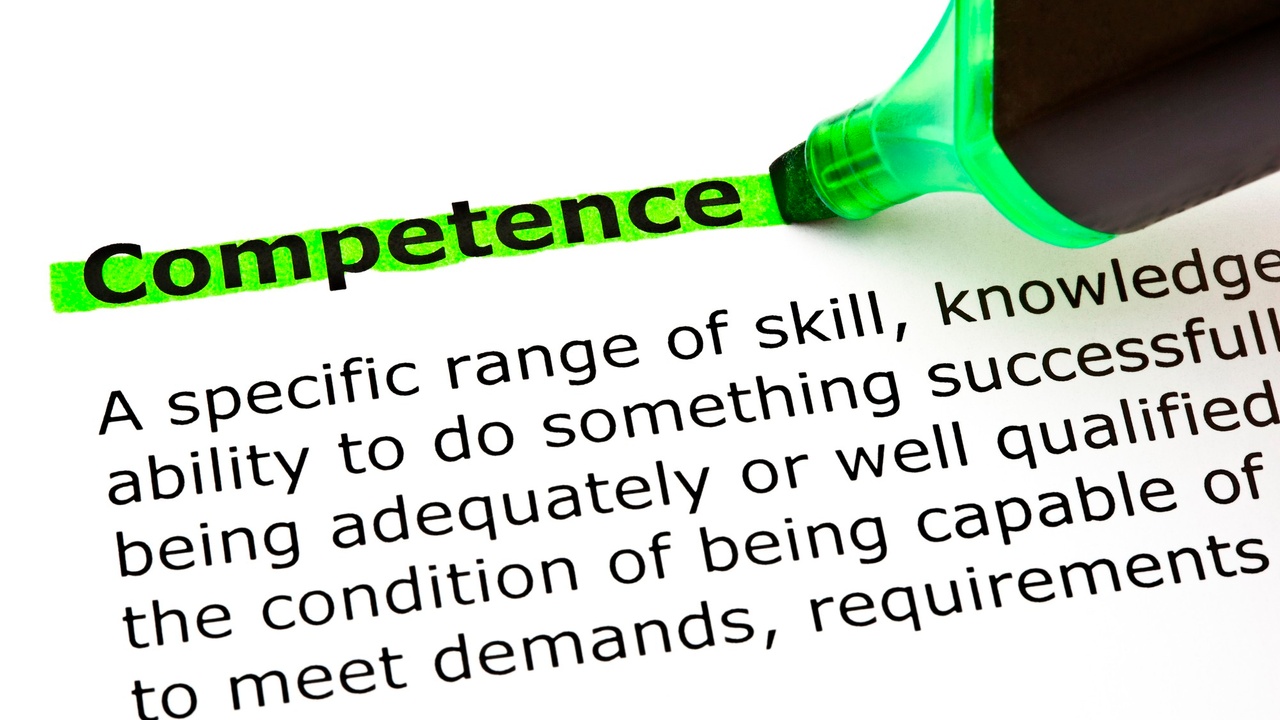
Knowing how to effectively deal with difficult customers is an important skill that every business owner should be prepared for.
Perhaps you have a customer who is making outlandish demands or is being downright nasty to you and your staff. You should understand that their behavior is rarely a reflection of your employees or your services.
The best way to deal with a difficult customer is to always respond positively and professionally. Be the bigger person, remain calm, and work towards identifying and then solving their problem
It’s also important to make a distinction between a customer who is outright nasty and should not be tolerated versus one who is just difficult. Not every customer is a good customer. I would not hesitate to fire a demanding, toxic client. It’s not a situation that either you nor any member of your team should need to endure.
Here are 8 tips for dealing with a difficult customer.
Identify the issue
When a customer comes to you with a complaint, the natural thing to do is to try and address it immediately. It helps if you can understand where they are coming from.
Starting with an apology is always a good first step. Once you've identified the source of the issue, explain how you're going to resolve it and then do so.
Many difficult customers don't choose to act negatively out of the blue. More often than not, there's a disconnect that needs to be fixed. Get to the root of the problem and establish common ground.
Show your concern
Your customer might just be having a bad day, which could explain the negative behavior. When emotions are heating up, you can turn the temperature down by showing genuine concern.
Being patient, acknowledging their complaint, and speaking in a respectful tone can all go a long way in defusing the situation. Let them know that you are listening to them. If your customers feel that they are being heard, they are more likely to walk away feeling satisfied.
Act quickly
Time is of the essence when dealing with a difficult customer. You can improve the outcome simply by acting quickly and decisively. The longer an issue continues, the harder and more expensive it will be to resolve.
A quick response signals to the customer that they are being heard. Don’t put off dealing with the situation. If you can’t solve the issue immediately then provide a timeline and ensure you keep them updated. You might be working really hard behind the scenes to correct the issue but if you don’t keep your customer updated their perception can be that you are doing nothing.
Be personal
It's not uncommon for businesses to use a script when training customer-facing employees. While scripts are helpful in many business situations, they can also lead to robotic interactions with customers. There's also the potential for employees to force a conversation to follow a certain path, instead of letting it play out naturally.
How you say something matters as much as what you're saying.
You want every business interaction, no matter how mundane, to feel like a natural conversation. Remember, you're dealing with a real person with real concerns.
If their complaint is valid, you can empathize with your customer and say, “If this happened to me, I’d be unhappy too. Thank you for bringing this to my attention - I’m going to make this right.”
Build a relationship
The best business relationships are built on trust, respect, and loyalty. Building a relationship with your customers can shed light on their needs and past experiences, allowing you to deliver better services.
A difficult customer might be acting that way because they have had a bad experience with a different company. If you take an active interest in your customers, even difficult ones, you're going to cultivate a loyal following.
Don't overcommit
Saying, “No” can be difficult. You don't want to disappoint your customers, and you're thinking that you can squeeze in one more job into your tight schedule. But if you overpromise and underdeliver, you risk damaging the business relationship.
You are far better off to say, “No” than to overcommit and ultimately disappoint. You can try to mitigate the situation by letting them know when you could help them.
Follow up
Follow ups after the fact can be a classy touch.
Reach out and ask them if they need additional help or support. This demonstrates to the customer that you care about doing business with them and that their concerns are a top priority for you.
Stand your ground
A single outburst doesn't necessarily mean that a customer is difficult to work with. But if they do it repeatedly, you might have a problem on your hands.
Don’t hesitate to have a frank conversation with this customer and make it clear on how you expect them to interact with you. If they can’t do this then they can’t do business with your company.
While it's important that we listen to our customers, we don't want to become a pushover catering to their every whim. Voice your concerns respectfully and professionally. Make it clear that you value their business, but that you expect to be spoken with respectfully.
The bottom line
Difficult customers are unavoidable in business, but how you respond to them is totally within your control. Always show tact and respect to keep the situation from boiling over. If you do things the right way, you can even turn a difficult customer into a loyal one.
Do you need help dealing with a difficult customer? Let's talk.
Let’s talk. Book a free Discovery Call
Get Strategies, Tips, & Tactics
Subscribe to the Acreman Business Roundup and get weekly updates that will help you grow your business and build the lifestyle of your dreams.
We hate SPAM. We will never sell your information, for any reason.






